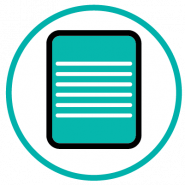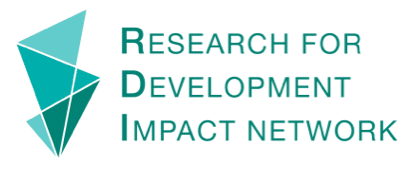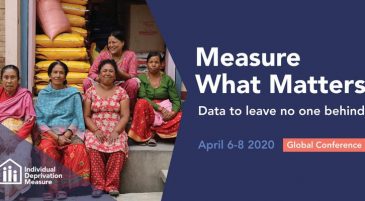The Network values the experience and contribution of people from all cultures, genders, bodies and abilities. We celebrate diversity and respect for all. As such, below are practical guides and resources on addressing gender equality, and the inclusion of marginalised and vulnerable peoples.
These reports are free to download, and are available in hard-copy and as an interactive PDF.
Inclusion of People with Disabilities
Working collaboratively with people with disabilities will transform the research process; both mainstream and disability-specific initiatives will benefit. Research that is (generally) inclusive is well-planned, change (negative) narratives on disability, create a more inclusive society, build skills and bolster local DPOs
Research is not just about evaluations and data-mining from the local community; research findings and recommendations can have huge impact on policies, programming and access to services. Ensure positive impact; empowering local DPOs to participate in decision-making, build capacity in people with disabilities, and entwine local solutions for sustainable development.
The RDI Network, Nossal Institute for Global Health, and CBM Australia collaborated together to provide advice and practical steps for practitioners, researchers and policymakers; guidance provides case studies, checklists, and tools to ensure inclusive practices in the research cycle
Explainer Video: Disability-inclusion.

Watch the Network’s explainer video on disability inclusion. Download, share or embed onto your website to promote organisational change and conversation. Also available to watch on Youtube.
Practical Guide: Making Research Inclusive of People with Disabilities

Guidance document, including templates, checklists and practical tips addressing 1) The key principles of disability-inclusive development, 2) Ethical Considerations of disability-inclusive development, and 3) Best-practice in the research cycle
Please note: This document has been designed as an accessible and interactive PDF. This PDF can be read by (most) screen-readers, and includes internal links to navigate and ‘jump’ around the guide. If you would like a hardcopy, please email [email protected]
Webinar Series: Part 1 - Principles of Disability-Inclusive Development

Download the slides. Watch Part 1 on Youtube.
Setting out the fundamental principles and ethical considerations of disability-inclusive development (DID) research. This includes an overview of the rights-based approach to disability, and its guidance in shaping development.
With speakers; Jen Blyth (CBM Australia), Tessa Hillgrove (CBM Australia), and Laisa Vereti (Pacific Disability Forum)
Webinar Series: Part 2 - Ethical processes and considerations in disability-inclusive research

Download the slides. Watch Part 2 on Youtube (COMING SOON).
Discussing the ethical considerations for designing inclusive research questions and methods, including when working with children with disabilities. This involves enabling and obtaining informed consent.
With speakers; Ipul Powaseu (Papua New Guinea Assembly of Disabled Persons (PNGADP)), Lana Logma (Nossal Institute for Global Health), and Dr. Manjella Marella (Nossal Institute for Global Health)
Webinar Series: Part 3 - Best-practice across the research cycle

Download the slides. Watch Part 3 on Youtube (COMING SOON).
Detailing the key steps and processes for ethically involving people with disabilities throughout the four main phases of the research process: planning, design, implementation, and dissemination.
With speakers; Helen Fernandez (TEAR Australia), Lana Woolf (Edge Effect), and Marc Purcell (ACFID)
Inclusion of LGBTIQA+ peoples
Recognising the human rights of sexual and gender minorities. Everyone, regardless of their sexual orientation or gender identity, deserves equal access to opportunities and services and their safety should be protected.
Faith, sexual orientation, gender identity and the ACFID Code of Conduct

The Australian Council for International Development’s (ACFID) Code of Conduct now gives specific acknowledgement to ‘marginalisation due to gender identity … and sexual orientation’ as a factor that can contribute to increased exclusion and inequity.
This paper reports on an action learning project undertaken by the Sexual Rights in Development Community of Practice in recognition of the challenges and possibilities that this acknowledgment might present for ACFID members.
This paper was funded by DFAT.
Gender Equality
Here is a collection of working papers, case studies and research reports published by the RDI Network and partners to support the achievement of gender equity.
Closing the Gender Gap: Gender and Australian NGOs

This report contributes to the debate about approaches to gender within Australian non-government aid and development organisations. It highlights strong progress towards integration of gender in programming, and identifies gaps in related to performance and accountability mechanisms.
This report was funded by DFAT.
Now We Feel Like Respected Adults: Positive change in gender roles in a Timor-Leste WASH program

Water, Sanitation and Hygiene (WASH) issues are highly gendered by nature and demand responses which are appropriately gender-conscious. This report analyses specific outcomes of a WASH programming in Timor Leste and describes the enabling factors for positive development progress in this area.
This project was supported by DFAT funding.



